Removing Ethanol from Gasoline ⛽️: Facts, Methods, and Implications
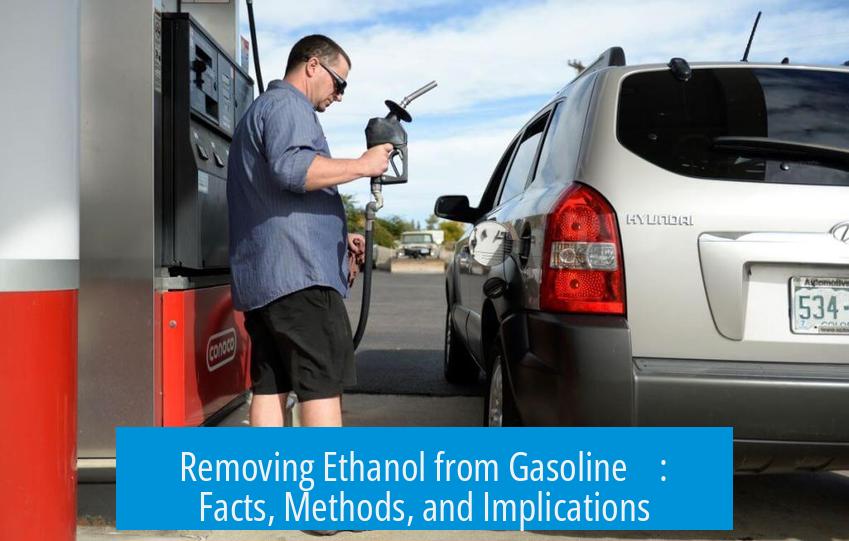 Removing ethanol from gasoline without proper measures affects fuel quality, octane rating, and engine safety. Ethanol acts as an anti-knock agent and helps prevent engine damage. Attempts to remove ethanol, especially using water, also strip other vital fuel components. Alternative methods exist but may be impractical. Using ethanol-free gasoline or stabilizing additives offers safer options.
Removing ethanol from gasoline without proper measures affects fuel quality, octane rating, and engine safety. Ethanol acts as an anti-knock agent and helps prevent engine damage. Attempts to remove ethanol, especially using water, also strip other vital fuel components. Alternative methods exist but may be impractical. Using ethanol-free gasoline or stabilizing additives offers safer options.
This article explores the chemistry and practical considerations behind removing ethanol from gasoline. It details effects on fuel properties and engine performance, discusses typical extraction methods, and outlines safer alternatives.
The Role of Ethanol in Gasoline
Ethanol is widely added to gasoline as an oxygenate and anti-knock agent. Its presence raises the octane rating, reducing engine knocking. Ethanol also helps gasoline burn more completely, which can reduce emissions.
- Ethanol blends commonly contain about 10% ethanol by volume.
- Ethanol is hygroscopic; it absorbs moisture from the air, preventing water accumulation inside the fuel tank.
Its ability to mix with both water and hydrocarbons distinguishes ethanol from other fuel components. This property creates challenges for ethanol removal.
Effects of Removing Ethanol on Fuel and Engine
Removing ethanol from gasoline impacts the fuel’s chemical composition and engine behavior:
- Reduction in Octane Rating: Removing ethanol lowers octane rating. The effect depends on engine compression ratio. Engines tolerate small octane changes without knocking, but lower octane raises the risk.
- Loss of Anti-Knock Agent: Ethanol acts as an anti-knock agent. Without replacement, engine performance and longevity may suffer.
- Disruption of Fuel Balance: Gasoline contains various compounds, including other oxygenates and additives. Removing ethanol via water extraction removes these critical components.
- Potential for Engine Deposits: Fuels depleted of oxygenates may burn less cleanly, increasing carbon deposits and engine fouling risks.
Experts warn that tampering with gasoline composition risks engine wear. Such modifications can cause incomplete combustion or knocking.
Water and Ethanol Interaction in Gasoline
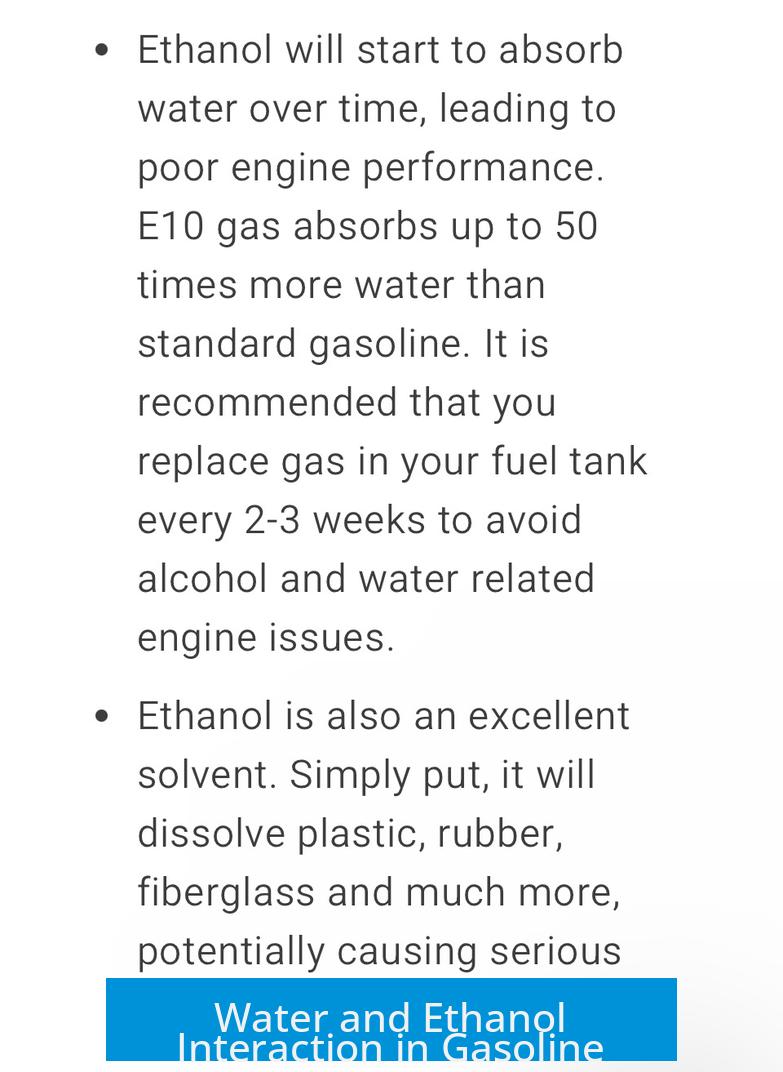
Ethanol’s affinity for water affects both fuel stability and removal attempts:
- Gasoline blends with ethanol can absorb up to 0.5% water by volume before phase separation occurs.
- Ethanol absorbs atmospheric moisture, which can cause fuel system deposits.
- Adding water to remove ethanol exploits ethanol’s water solubility but also removes other fuel components dissolved in the aqueous phase.
- Fuel with added water risks phase separation, poor combustion, and engine damage.
Pouring water-contaminated gasoline into engines is unsafe. Water-contaminated fuels cause corrosion and poor ignition. Additionally, disposal of used water-ethanol mixtures requires care; they cannot be poured down drains safely.
Methods for Removing Ethanol
Traditional home methods to eliminate ethanol include:
- Water Addition: Adding water separates ethanol into an aqueous layer. However, this method removes other polar fuel additives. The remaining gasoline degrades in quality.
- Alternative Solvents: Some speculate about using solvents like acetonitrile to selectively extract ethanol. This is experimental and lacks widespread validation.
- Phase Separation and Decanting: After ethanol-water separation, the gasoline layer is decanted. This step is difficult for consumers to perform safely and reliably.
All these methods involve handling hazardous chemicals and complicate fuel composition. They are often impractical for general users.
Alternative Solutions to Removing Ethanol
Rather than attempting removal, safer and simpler alternatives exist:
- Use Ethanol-Free Gasoline: Special fuel grades without ethanol (“recreational fuel” or “avgas”) are available at airports or select suppliers. Purchasing these avoids complications.
- Add Fuel Stabilizers: Products marketed as ethanol shields or fuel stabilizers reduce ethanol’s water absorption effects during storage. These additives preserve fuel integrity.
- Proper Storage: Storing fuel in sealed containers reduces moisture absorption from air.
Many vehicle manuals specify ethanol-free fuel when required. Using recommended fuels ensures engine warranty and optimal performance.
Effects on Octane and Engine Tuning
Lower ethanol content reduces octane rating.
- Gasoline blended with 10% ethanol typically has a higher octane rating (roughly 87 to 93 pump octane scale).
- Removing ethanol can lower octane by a few points, which may or may not affect given engines.
- Engines designed for flexible ethanol blends generally tolerate small octane changes without retuning.
The decision to remove ethanol involves evaluating engine compatibility and tolerance for octane variations.
Key Considerations and Summary
| Aspect | Impact of Removing Ethanol | Recommendation |
|---|---|---|
| Engine Performance | Potential loss of anti-knock protection; risk of engine knocking and wear | Use proper anti-knock additives or ethanol-free fuel |
| Fuel Composition | Removal via water extracts other polar additives; degrades fuel quality | Avoid water extraction; buy ethanol-free gasoline |
| Water Content | Ethanol absorbs water; removal removes water but risks phase separation | Use fuel stabilizers; avoid diluting fuel with water |
| Fuel Storage | Ethanol can cause fuel to degrade on storage by absorbing moisture | Store sealed, use stabilizers, or buy ethanol-free fuel for storage |
Final Key Takeaways
- Removing ethanol from gasoline affects octane rating and anti-knock properties.
- Water-based ethanol removal removes other necessary fuel chemicals and degrades quality.
- Fuel with removed ethanol may cause engine knocking, deposits, or performance issues.
- Safe alternatives include purchasing ethanol-free gasoline or using stabilizing additives.
- Handling of water-ethanol mixtures needs care to avoid environmental harm.


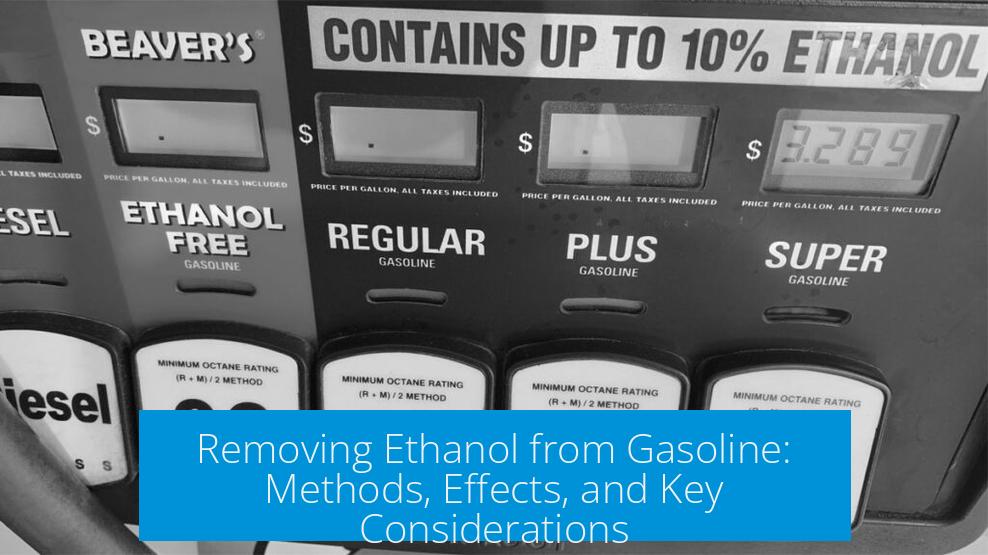
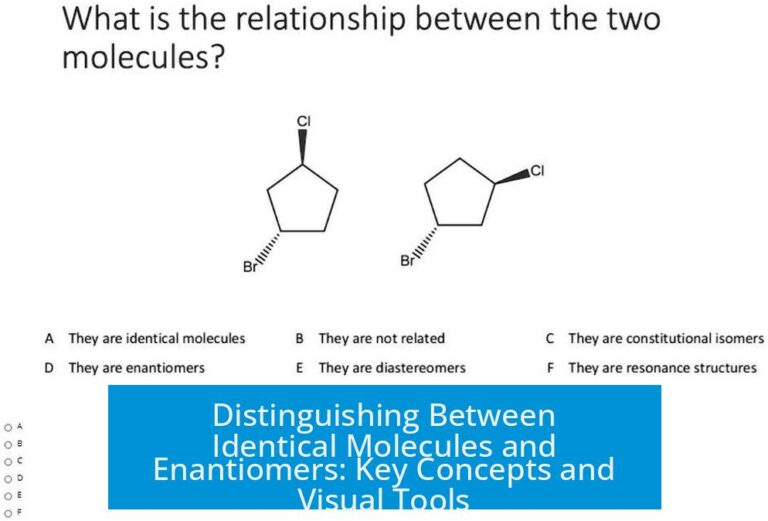
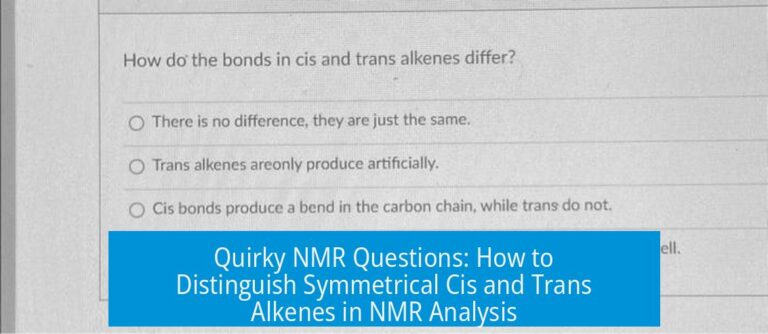
Leave a Comment